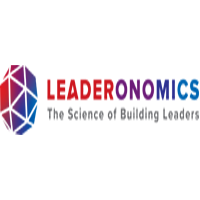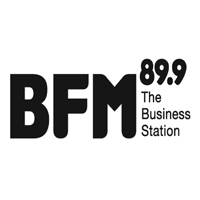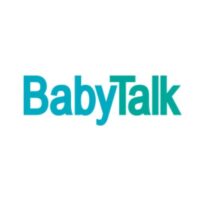
What is Speech Therapy?
Speech therapy supports children who have trouble speaking or understanding language. It is carried out by professionals called speech therapists or speech-language pathologists . These experts work with children to improve their speaking skills, such as vocalizing words clearly, building their vocabulary, and forming sentences. They also help children who have difficulty understanding what others say or who struggle with communication in general.
At ABC, through ABA (applied behavior analysis), a form of Speech Delay Treatment in Malaysia we focus on working on development of communication including speech, listening, following instructions , and teaching non-verbal methods of communication eg: sign language. Speech therapy sessions are often fun and engaging, using games and activities to make learning enjoyable and effective. The main goal is to help children communicate better and feel more confident in their ability to express themselves.
At ABC, the early intervention program (EIP) is developed for children with developmental delays and disorders, including speech delays. Our treatment plans are designed in a way that a child will be able to deal with these conditions without losing their confidence.
Who Provides Speech Therapy?
Speech therapy is primarily provided by professionals known as speech therapists or speech and language pathologists. These specialists are trained to help individuals, especially children, who have difficulties with speech, language, and communication. In addition to these experts, other healthcare professionals can also be involved in providing comprehensive speech therapy services. Clinical psychologists and clinical specialists often collaborate with speech therapists to address the broader needs of a child, particularly if there are underlying psychological or developmental issues.

Clinical psychologists supporting Speech Delay Treatment in Malaysia at ABC are experts in understanding the mental and emotional aspects of communication difficulties. They can help identify any psychological factors that might be affecting a child’s ability to speak or understand language.

Behavioral or ABA therapists often work alongside speech therapists to address attention and behavioral concerns that impact learning and speech acquisition
Who Benefits from Speech Therapy?
Speech Therapy in Kuala Lumpur can benefit a wide range of individuals, particularly children, who experience various types of communication challenges. Here are some groups who commonly benefit from speech therapy and at ABC we focus on these groups specifically:

Children with Speech Delays
Kids who start talking later than their peers or have trouble pronouncing words can improve their speaking skills through speech therapy.

Children with Language Disorders
Those who have difficulty understanding what others say or struggle to express their thoughts and ideas clearly can gain a better grasp of language and communication.

Children with Autism Spectrum Disorder (ASD)
Speech therapy helps children with ASD improve their communication skills, including both verbal and non-verbal methods, enhancing their ability to interact socially.

Children with Articulation Disorders
Kids who have problems making certain sounds or words can learn to pronounce them correctly, making their speech clearer and more understandable.

Children with Developmental Disorders
Those with conditions such as Down syndrome or cerebral palsy can benefit from speech therapy to enhance their communication abilities and overall quality of life.
How Does Speech Therapy Differ from Other Therapies?
Speech therapy stands apart from other therapies in its specialized focus on improving communication skills, particularly speech and language abilities. Unlike physical therapy, which targets motor skills and movement, or occupational therapy, which addresses daily living activities and fine motor skills, speech therapy is uniquely tailored to enhance how individuals speak, understand, and interact through language.
ABA therapists in ABC employ a variety of techniques to assist children and adults in overcoming challenges such as autism, language delays, and difficulties with comprehension or social communication. The therapy sessions are highly individualized, adapting strategies to each person’s specific needs and goals.
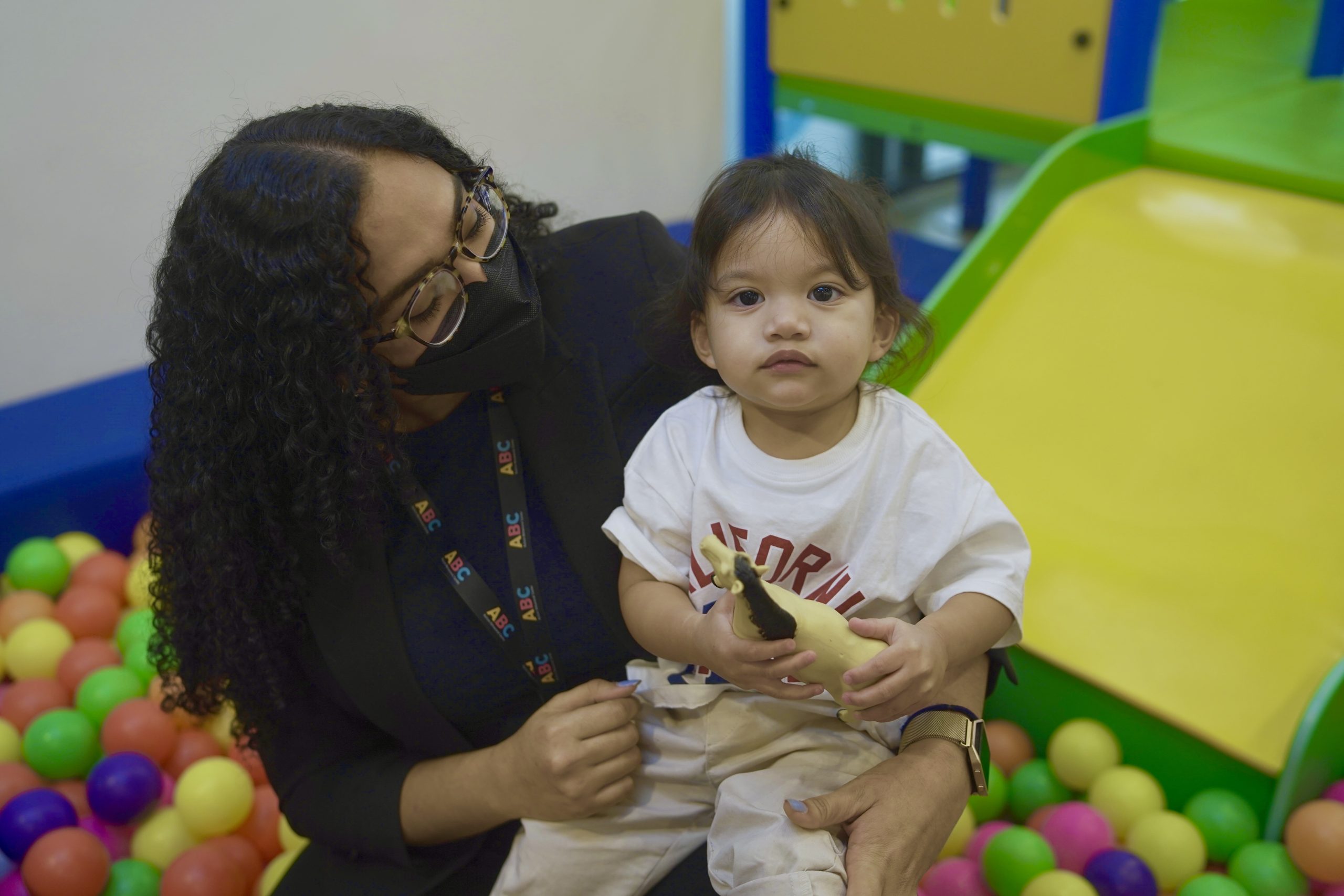
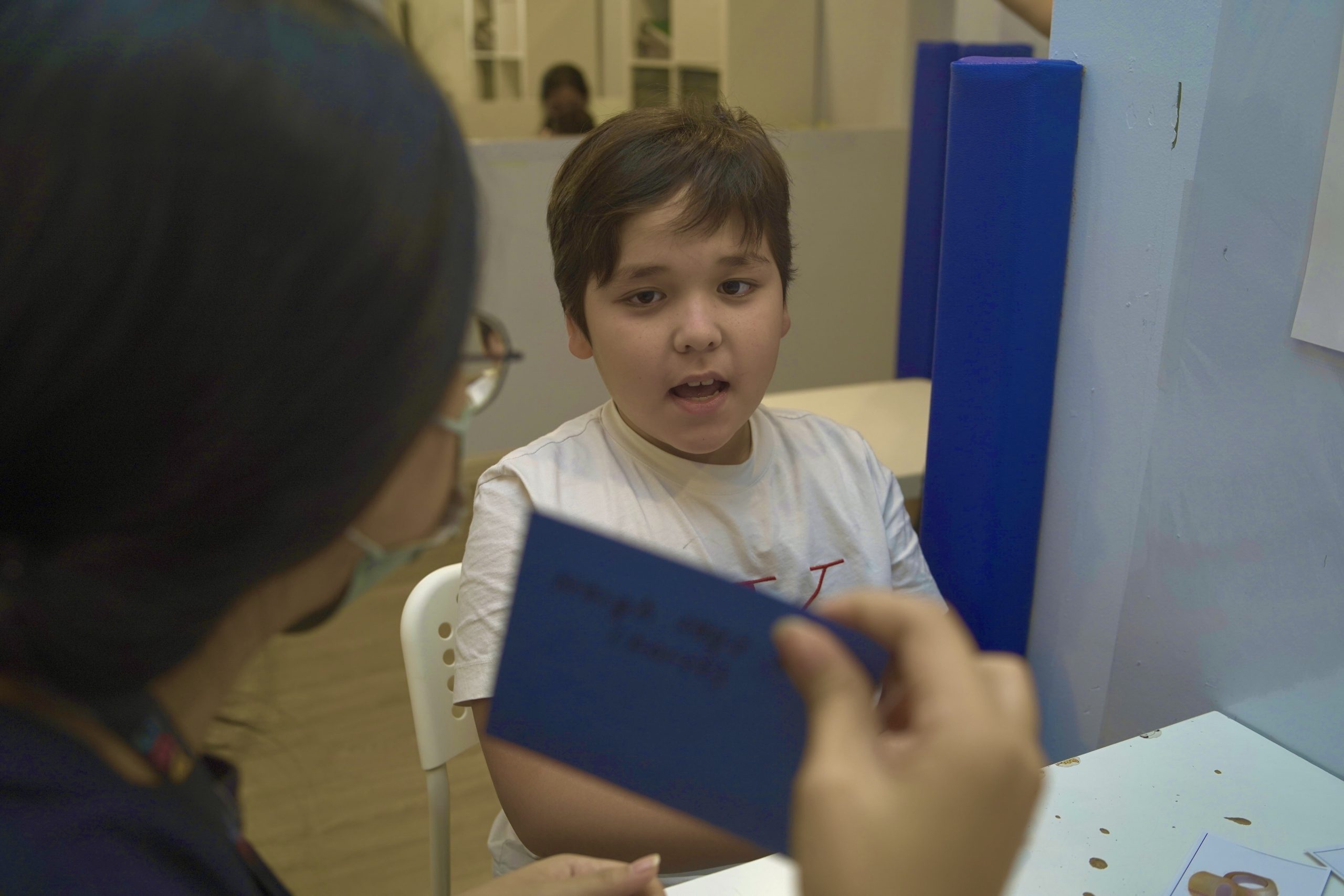
What Makes ABC’s Therapy Apart from Others?
What sets ABC apart from other providers, especially for children, is our specialized focus on improving communication skills through targeted behavioral techniques based on reinforcement and motivation. Unlike occupational therapy, which focuses on fine motor skills, or physical therapy, which addresses gross motor skills and mobility, behavioral therapy in ABC focuses on language development- specifically targets the development of speech, language, and communication abilities. Early intervention specialists work closely with children to assess and address a wide range of challenges, including language delays, autism and difficulties with social communication.
Well, at ABC children typically start with 1:1 sessions in the early intervention program. Once they master the necessary skills in this individualized setting, they transition to small group sessions with 2-3 children and eventually integrate into a school environment. To achieve the best outcomes, early intervention programs should commence as early as possible, ideally between the ages of 16 months old to 3 years old. By applying the principles of Applied Behavior Analysis (ABA) in its early intervention program, ABC focuses on teaching and building essential skill
Which Strategies Help Manage Speech Delay/Disorder in Children (at Preschool, School, and Home)?
Here are strategies to help manage speech delay/disorder in children at preschool, school, and home:
Preschool
- Early Intervention: Start therapy as early as possible.
- Structured Play: Engage in activities that promote speech and language development, such as
storytelling, singing songs, and playing with puppets. - Visual Aids: Use pictures and visual cues to support understanding and communication.
- Consistency: Maintain consistent routines and use simple, clear instructions.
- Reinforce: Praise efforts and provide positive reinforcement for attempts at communication.
School
- Individualized Education Plan (IEP): Work with school professionals to develop an IEP tailored to the
child’s needs, including speech therapy goals. - Classroom Support: Ensure the child has access to classroom accommodations, such as preferential seating
and extra time for assignments. - Speech Therapy Sessions: Attend regular sessions with a school-based speech-language pathologist (SLP)
to practice speech and language skills. - Peer Interaction: Encourage interaction with peers through group activities and cooperative learning.
- Teacher Collaboration: Communicate regularly with teachers to monitor progress and adjust strategies as
needed.
Home
- Daily Practice: Incorporate speech and language activities into daily routines, such as reading books
together and discussing stories. - Modeling: Speak clearly and use correct grammar to model appropriate speech.
Conversation: Engage in meaningful conversations and encourage the child to express thoughts and
feelings. - Playtime: Use playtime as an opportunity for language development, with toys and games that encourage
talking and interaction. - Patience and Support: Be patient and supportive, allowing the child time to express themselves and
offering praise for efforts.
What Should Parents Know About Speech Therapy?
Early Intervention
Starting therapy early can significantly improve outcomes for children with speech delays or disorders.
Customized Plans
Therapy plans are tailored to each child’s specific needs and may include strategies for improving speech clarity, language comprehension, and social communication skills.
Home Practice
Parents play a crucial role in supporting therapy goals by practicing exercises and techniques at home recommended by the therapist.
Progress Monitoring
Regular assessments and updates on Speech Therapy in Kuala Lumpur program help track the child’s progress and adjust therapy strategies as needed.
Communication Skills
Therapy focuses not only on speech but also on enhancing overall communication abilities, including listening, understanding, and expressing thoughts effectively.
Integration with Daily Life
Techniques learned in therapy can be integrated into everyday routines to reinforce learning and skill development.
Emotional Support
Addressing speech delays can impact a child’s confidence and self-esteem; therapy aims to foster a positive attitude towards communication.
Parental Involvement
Parents are encouraged to ask questions, communicate concerns, and actively participate in their child’s therapy journey.
What Happens If a Child’s Speech Delay/Disorder Isn’t Treated?
If a child’s speech delay or disorder isn’t treated, several potential consequences can arise, impacting various aspects of their development and well-being:
Academic Challenges
Untreated speech delays can affect a child’s ability to learn and participate in school activities, potentially leading to academic struggles, especially in subjects requiring verbal communication.
Social Isolation
Difficulty communicating clearly may hinder a child’s ability to interact with peers, leading to social withdrawal, frustration, or feelings of isolation.
Emotional Impact
Persistent difficulties in expressing oneself may lead to frustration, low self-esteem, and even behavioral issues as the child struggles to communicate effectively.
Delayed Language Development
Without intervention, speech delays can also delay overall language development, affecting comprehension, vocabulary growth, and the ability to understand and follow instructions.
Impact on Relationships
Communication challenges may strain relationships with family members, peers, and educators, potentially affecting the child’s social and emotional development.
Long-term Effects
Untreated speech delays can have long-lasting effects into adulthood, potentially affecting career opportunities, relationships, and overall quality of life.
What Does a Speech Delay/Disorder Diagnosis Mean for a Child?
A diagnosis of speech delay or disorder for a child signifies that they are experiencing challenges in their ability to communicate effectively compared to their peers. Here’s what it generally means
Specific Challenges Identified
The diagnosis pinpoints areas where the child is struggling, such as articulation (pronouncing words), language comprehension (understanding spoken language), expressive language (using words and sentences), or fluency (smoothness of speech).
Individualized Treatment Plan
Following diagnosis, a clinical pathologist typically develops a personalized treatment plan for the child. This plan outlines specific goals and strategies to address the child’s communication difficulties.
Early Intervention Opportunities
Early diagnosis opens the door to early intervention, which is crucial for improving the child’s communication skills and minimizing the impact of the delay or disorder on their overall development.
Support and Resources
The child and their family will have access to support from professionals, including potentially clinical psychologists or clinical specialists. This entirely depends on the underlying causes or co-existing conditions.
Potential Challenges and Progress
While a diagnosis may present challenges, it also signifies opportunities for progress. With consistent therapy and support, many children make significant improvements in their speech and language abilities over time.
Educational Implications
Depending on the severity of the delay or disorder, the child may receive accommodations or special education services in school to help them succeed academically and socially.
Don’t worry because Autism Behavioral Center is here to help your child!
Our team at ABC, an early intervention center located in Subang Jaya and Kuala Lumpur, is supervised by Board Certified Behavior Analysts and clinical supervisors, our team ensures that programs are individualized according to each child’s needs and goals set by both the family and the team.
Contact Us






